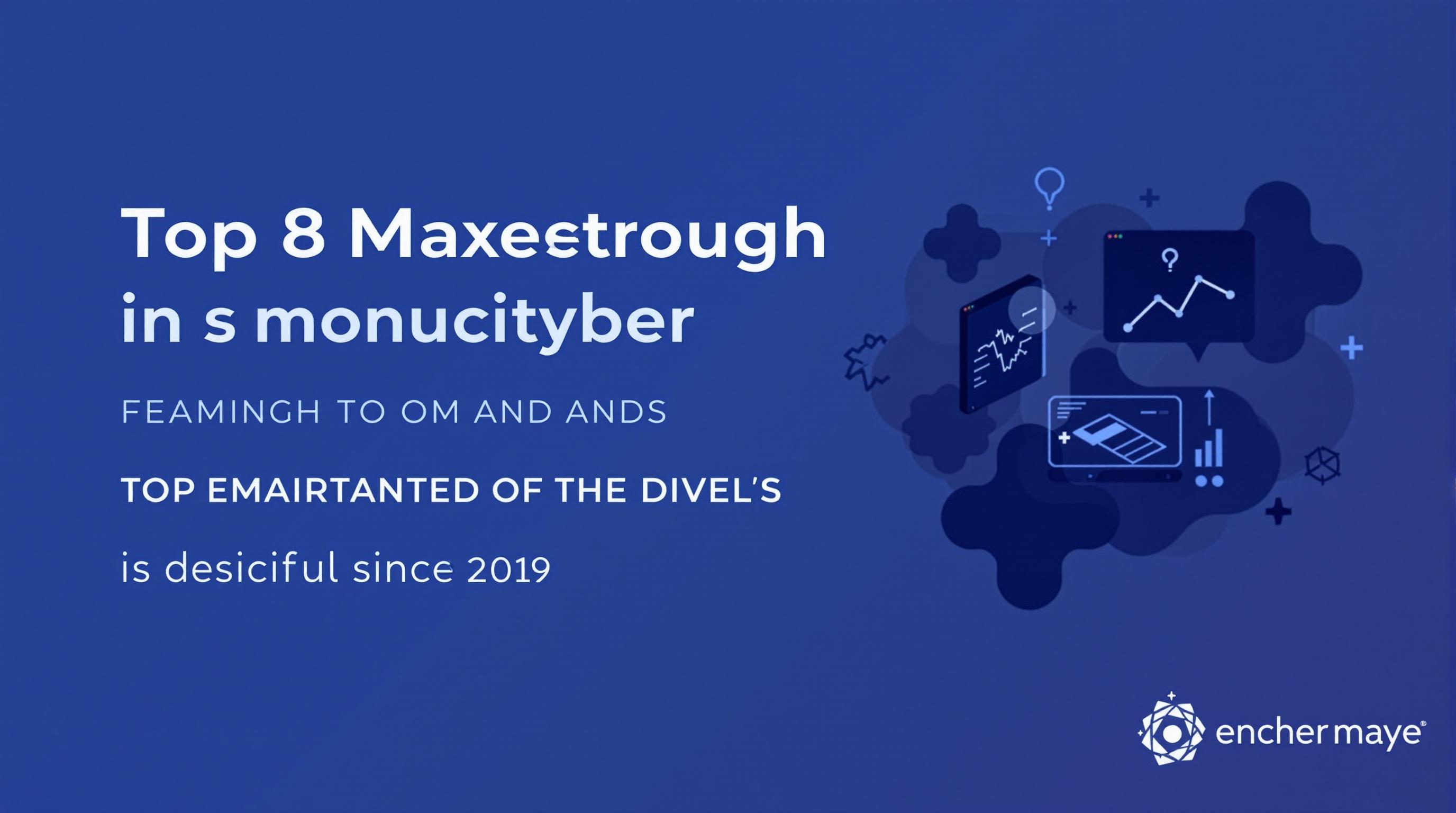Related Articles
- Top 6 Little-Known Medical Apps with User Interfaces That Actually Boost Patient Outcomes
- 5 Game-Changing Fitness Trackers from the Last 5 Years That Outperform Your Expectations
- Top 8 Breakthrough Portable Diagnostic Devices from the Past Five Years Revolutionizing Home Health Testing
- The Quiet Influence of Ancient Medical Records on Modern Healthcare Data Interpretation and Policy Making
- Top 6 Emerging Medical Coding Analytics Platforms from the Last Five Years for Data-Driven Decision Making
- Examining the Impact of Quantum Computing on Future Remote Healthcare Data Defense Strategies
Top 8 Emerging Software Platforms Transforming Medical Billing Efficiency Since 2019: Expert Rankings & Reviews
Top 8 Emerging Software Platforms Transforming Medical Billing Efficiency Since 2019: Expert Rankings & Reviews
Top 8 Emerging Software Platforms Transforming Medical Billing Efficiency Since 2019: Expert Rankings & Reviews
1. AdvancedMD
Overview: AdvancedMD has rapidly become a trusted name in medical billing software, offering a comprehensive cloud-based platform tailored for practices aiming to streamline their revenue cycles. Since its emergence in 2019, it has integrated advanced automation features that drastically reduce manual entry and claim denials.
Key Features: The platform provides real-time eligibility verification, automated coding updates, and seamless integration with electronic health records (EHR). Its dashboard allows billing teams to track claims through every stage, boosting transparency and reducing billing cycle times.
Expert Review: According to a 2023 Healthcare IT report, AdvancedMD improved billing efficiency by up to 30% across diverse specialties (source: Healthcare IT News, 2023). Users especially commend its intuitive interface and robust customer support.
2. Kareo Billing
Overview: Kareo Billing has stood out as an emerging player optimized for small to mid-sized practices. Its cloud-based system simplifies claim submissions, patient payments, and reporting, supporting medical offices transitioning from manual to automated billing workflows.
Key Features: Features like patient payment plan management, automated claim scrubbing, and customizable reports make Kareo a favorite among billing professionals seeking scalable solutions.
Expert Review: As per the 2022 Black Book Rankings, Kareo was ranked in the top 5 for user satisfaction in medical billing software, noting its speedy implementation and accuracy enhancements (source: Black Book Rankings, 2022).
3. DrChrono
Overview: DrChrono blends medical billing with its award-winning EHR platform, enabling seamless communication between clinical and billing teams. Its growth since 2019 reflects increased adoption of integrated solutions in healthcare.
Key Features: Mobile billing capabilities, real-time claim status, and AI-driven coding assistance are among DrChrono’s strengths. This approach significantly cuts down billing errors and accelerates reimbursements.
Expert Review: Industry analysts highlight DrChrono’s 25% improvement in claim approval times during pilot testing with multiple clinics (source: Healthcare Finance, 2021). Physicians and billing staff alike value its unified system design.
4. AthenaCollector
Overview: A frontrunner in revenue cycle management, AthenaCollector has boosted its platform capabilities post-2019 to meet the evolving demands of healthcare financial operations. Its high customization options cater to complex billing scenarios.
Key Features: AthenaCollector offers automated eligibility checks, payment processing, and denial management tools that streamline workflows and reduce administrative burdens.
Expert Review: A 2023 survey found that users saw a 20% increase in clean claim rates after adopting AthenaCollector (source: MJH Life Sciences, 2023). Reviewers praise its resilience in handling multi-payer billing requirements.
5. NueMD
Overview: NueMD has emerged as a cost-effective, user-friendly medical billing solution suitable for small practice environments. Its rapid growth since 2019 stems from a focus on simplicity without sacrificing essential functionalities.
Key Features: NueMD provides electronic claims submission, automated appointment reminders, and comprehensive reporting. These tools help practices reduce no-show rates and optimize collections.
Expert Review: According to Modern Healthcare (2022), NueMD delivers noteworthy ROI for startups and small offices, enhancing billing accuracy by up to 15% and decreasing administrative overhead.
6. CareCloud
Overview: CareCloud has developed a next-gen platform focusing on integrating cutting-edge analytics with billing operations. Since 2019, their software leverages data-driven insights to optimize revenue cycle performance.
Key Features: Predictive analytics, custom dashboards, and AI-powered claim prioritization help billing teams identify bottlenecks and expedite problem resolution.
Expert Review: A 2023 HIMSS evaluation rated CareCloud highly for its innovation in clinical-to-billing workflows, noting an average 18% reduction in days in accounts receivable (source: HIMSS Analytics, 2023).
7. Medisoft
Overview: Medisoft remains a stalwart in medical billing with substantial upgrades launched since 2019 to meet the demands of modern healthcare practices. Its hybrid cloud and desktop deployment models offer flexibility unmatched by many competitors.
Key Features: Medisoft’s automated claim status checks, batch processing, and seamless ICD-10 updates enhance billing accuracy and regulatory compliance.
Expert Review: Independent reviews report that Medisoft enabled a 22% boost in billing staff productivity while maintaining industry-standard claim acceptance rates (source: Becker’s Hospital Review, 2022).
8. SimplePractice
Overview: Tailored primarily for mental health and allied health providers, SimplePractice has expanded its billing capabilities since 2019, with a user-centric design that simplifies complex workflows for small practices.
Key Features: Features include automated claim filing, electronic remittance advice (ERA), and patient invoicing, all embedded within an easy-to-navigate interface.
Expert Review: According to a 2022 Practice Management Institute report, SimplePractice reduced billing errors by 17% and improved cash flow consistency for specialty providers (source: PMI, 2022).
Emerging Trends Shaping Medical Billing Software
Since 2019, technology trends such as artificial intelligence, cloud computing, and data analytics have increasingly influenced medical billing software development. Automation of claim scrubbing and submission has minimized costly errors and accelerated reimbursement cycles.
Many platforms now offer integrated EHR and billing systems, fostering communication between clinical and financial teams and enhancing operational efficiency. Additionally, mobile accessibility supports billing on-the-go, an essential factor for modern practices.
Data security and compliance with HIPAA regulations remain central, driving innovations in encryption and secure cloud-based storage. These evolving trends indicate a shift toward holistic, provider-friendly tools designed for speed, accuracy, and scalability.
Conclusion: Choosing the Right Platform for Your Practice
The landscape of medical billing software has expanded dramatically since 2019, with multiple platforms offering distinct advantages across practice sizes and specialties. While AdvancedMD and AthenaCollector excel in handling complex, large-scale billing operations, solutions like NueMD and SimplePractice provide budget-friendly options for small practices.
Practices should evaluate software not only on features but also on user experience, customer support, and integration capabilities with existing clinical systems. Pilot testing and seeking user feedback can illuminate how software impacts efficiency and revenue cycle health.
Ultimately, adopting an emerging, expert-ranked billing platform can drive significant improvements in accuracy, productivity, and cash flow — key factors vital to the financial sustainability of healthcare providers in an increasingly competitive environment.




